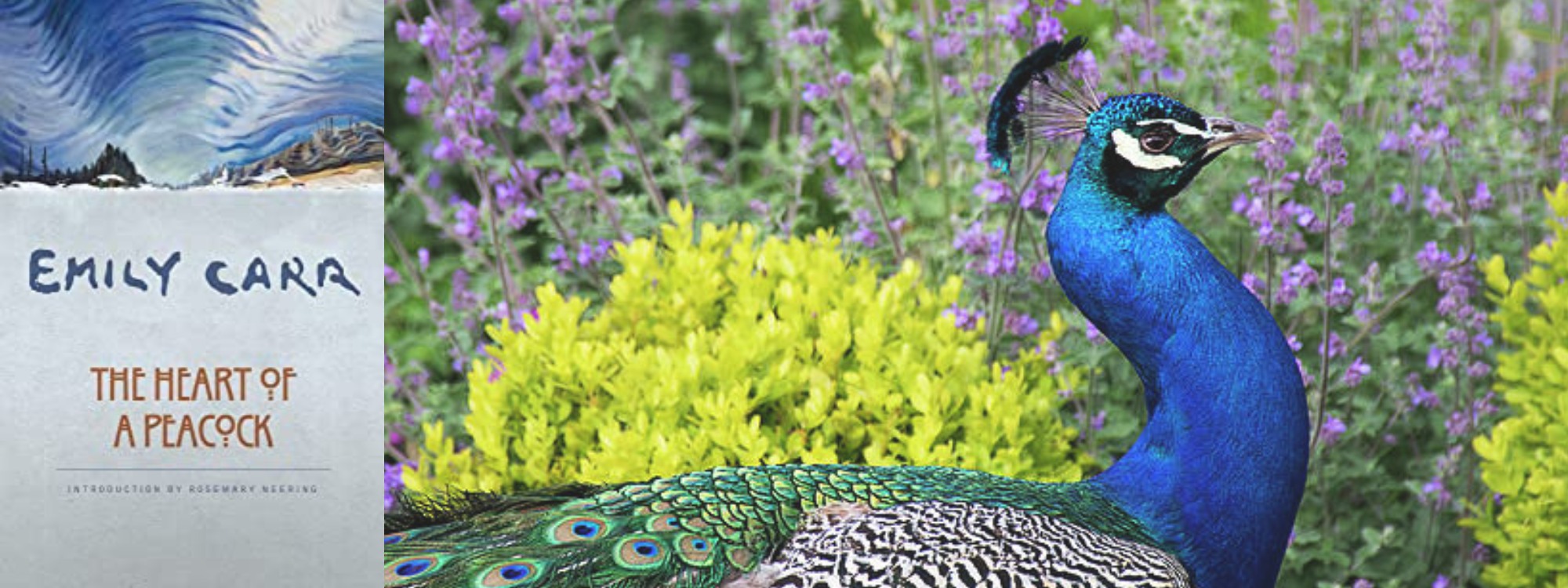The racoon’s cage was set in a narrow draughty passageway between two Indian houses of Alert Bay village. The imprisoned baby racoon was very young and desperately unhappy. A white girl sketching about the village wanted tremendously to own the baby racoon. The desperation of his animal eyes hurt her. She asked Coon’s Indian owner, “Will you sell the baby coon?”
“No, me catch for my child’s play, no sell.”
Every day the white girl said to the Indian, “Today will you sell the coon?”
Every day the Indian replied, “No sell.”
The white girl took another path when going through the village. If she could not help the coon’s misery she did not want to see the tortured baby. No dark hiding corner such as coons love, no shelter from the piercing wind or the poking fingers and kicking toes of children.
In spite of his wretchedness, Coon grew. So did his temper, so did his teeth. He bit the Indian children in self-defence. The Indian owner sought the white girl. “Sell now—coon come wicked, bite my child.”
“How much for Coon?”
“White man pay thlee dollar for coonskin. S’pose lady buy inside and skin too, thlee dollar just same.”
The girl bought the whole thing, skin, insides, and heart of Coon. The village wheelbarrow squeaked up the hill carrying Coon and his coop to the white girl’s cabin. She placed the coop in a dark corner. Coon spat and hissed when she came near. She did not worry him with attention; she gave him a deep sack of hay into which Coon burrowed violently, hid himself, cuddled in deep, deep sleep. He slept so long she thought him dead. At last hunger roused him. Vaulting from the sack, he lapped bread and milk greedily and grabbed for an unlucky little crab, spitting at the white girl’s hand when she offered it.
The girl looked at her three dollars’ worth of spiteful suspicion. He was all contradictions—low-set, heavy body on trim, slender legs, petulant sharp nose wrinkling with hate, and a blunt, merry tail circled with black rings like laughing O’s. From nose-tip to high up on Coon’s forehead ran a rich brown streak. This marking was paralleled by two similar streaks of brown; one crossed the brow over each eye. These three vertical lines across his forehead gave Coon a great frown, but bristles of stiff white whisker, slanting upward across each cheek, gave him an acute, cunning smile. Between frown and smile lay Coon’s tormented eyes.
Owning such a morose, resentful beast gave the white girl no pleasure. “Go free!” she cried, and flung the door of his cage wide; but, before he darted, she had changed her mind.
“No, you shall not go to the wild, carrying with you such anger and bitterness against humans.” She snapped the door shut. “Woods-creatures think badly enough of us as it is! When fear and anger have gone from you, when your eyes side with the smile, not the frown, then you may go if you want to.” She left Coon in his quiet corner—ignored him.
Coon ate, slept, watched the girl and her sheep-dog play. Coons are as playful as kittens; he longed to join in the fun—he was lonely. Holding the bars of his cage with small, handlike black paws, he thrust his sharp nose through the bars, begging notice. The girl ignored. Instead of clawing and spitting at her hand when she fed him, he now smelled, then licked it. Still the girl ignored the comradeship Coon offered. There was suspicion still in his eyes and bearing. “Trust me all,” she said, and then did a thing to him so monstrous that it drove away what little trust he had. While he fed from her left hand, with her right she fastened a collar about his neck and attached it to a chain. Coon saw the door of his cage open—made a dash—discovered the grip about his neck—went mad—threw himself upon the ground, clawed, spat, and rolled, rasping his teeth against the steel chain. No bars now between him and the woods—yet this other detaining thing sent him worse crazy, this pulling fetter which dragged him back from freedom. The girl fastened the chain to the veranda post of her cabin. She sat down on the step near and read a book.
Coon fought long and bitterly till exhaustion killed his madness—back sprawled on earth, paws upturned, listless, limp as death. The girl read on.
Dusk came, the time that old coons hunt and young coons play. Coon turned right side up and shook himself. Finding that the chain still held, he crept closer to the reading girl. She made no sign, was moveless as a tree. Coon raised his forepaws till they rested on her knee. He stared and stared and stared into her face. She did not embarrass the wild in him by staring back, she lent him her face to explore.
A spring! Coon had decided! A tumbling of softness into the waiting lap, a curling kittenwise to sleep in the lap’s cosy warmth. Coon liked her fingers fondling his little rounded ears, her hands buried in his dense harsh coat. Coon’s eyes opened. Torture was gone from them. Instead, with perfect pivoting, frown and smile, frown and smile balanced across the contrary features of little Coon.




0 comments